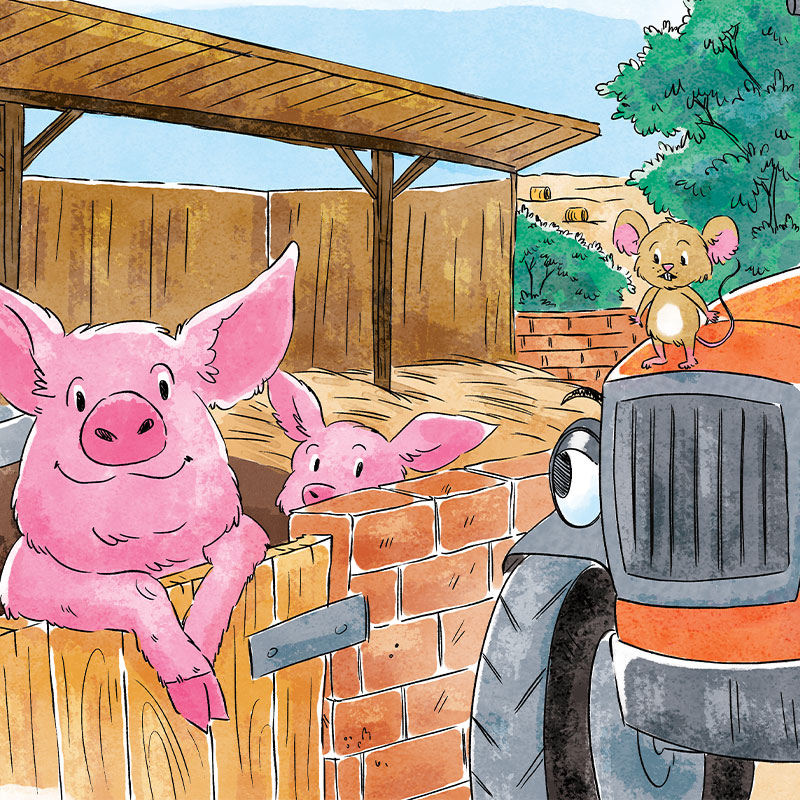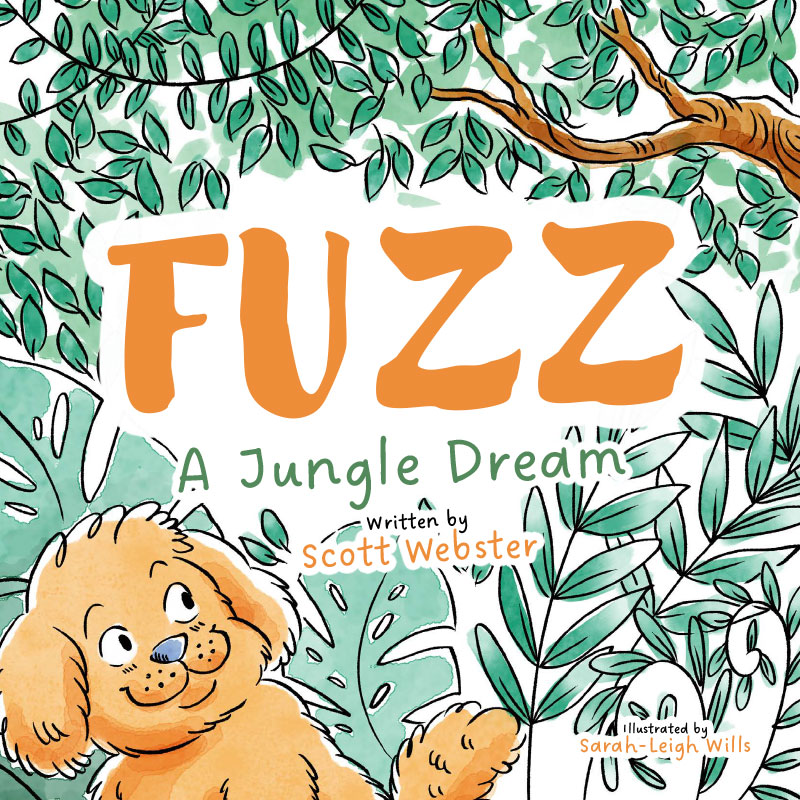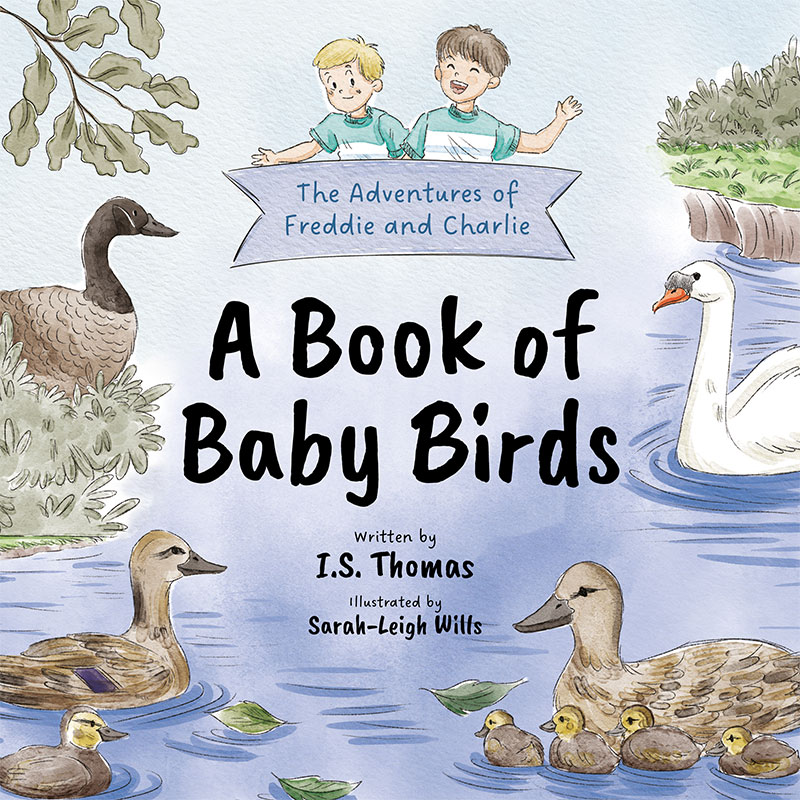Mindfulness, the practice of being fully present and aware of one’s thoughts, feelings, and surroundings, has become increasingly recognised as a valuable tool for enhancing creativity and overall well-being. For authors, who often face the challenges of maintaining focus, overcoming creative blocks, and managing the stress of the writing process, incorporating mindfulness into their daily routines can be particularly beneficial. By cultivating a mindful approach to their work, authors can tap into a deeper level of creativity, improve their ability to navigate the ups and downs of the creative journey, and ultimately produce more authentic and impactful writing.
This article will explore the various ways in which authors can nurture their creative minds through mindfulness, offering practical tips and techniques for integrating mindfulness into their writing practice, finding inspiration in everyday moments, managing stress, and fostering meaningful connections with other creatives. By embracing mindfulness as an essential part of their creative toolkit, authors can unlock their full potential and thrive both personally and professionally.
Understanding Mindfulness
At its core, mindfulness is the practice of bringing one’s attention to the present moment, without judgement or distraction. It involves becoming aware of one’s thoughts, emotions, physical sensations, and surroundings, and observing them with a sense of curiosity and acceptance. While mindfulness has its roots in ancient Buddhist traditions, it has gained widespread popularity in recent years as a secular practice for promoting mental health and well-being.
For creative professionals like authors, mindfulness can offer a range of benefits that directly support the creative process. By training the mind to be more present and focused, mindfulness can help authors overcome the common challenges of distraction, procrastination, and creative blocks. It can also enhance their ability to observe and engage with the world around them, providing a rich source of inspiration and insight for their writing.
Moreover, the practice of mindfulness has been shown to have a positive impact on the brain, promoting neural plasticity, reducing stress and anxiety, and improving cognitive function. Studies have found that regular mindfulness practice can lead to increased grey matter density in regions of the brain associated with learning, memory, and emotional regulation, as well as reduced activity in the amygdala, the region responsible for stress and fear responses.
Despite the growing body of evidence supporting the benefits of mindfulness, there are still many misconceptions surrounding the practice. Some may view mindfulness as a form of escapism or a means of shutting out the world, when in fact, it is about developing a deeper, more authentic connection to oneself and one’s surroundings. Others may believe that mindfulness requires a significant time commitment or a complete overhaul of one’s lifestyle, when in reality, even small, consistent practices can yield significant benefits over time.
By understanding the true nature and potential of mindfulness, authors can begin to explore how this powerful tool can support and enhance their creative journey. Whether through formal meditation practices or simply by bringing a greater sense of awareness and presence to their daily routines, mindfulness offers a path to unlocking the full potential of the creative mind.
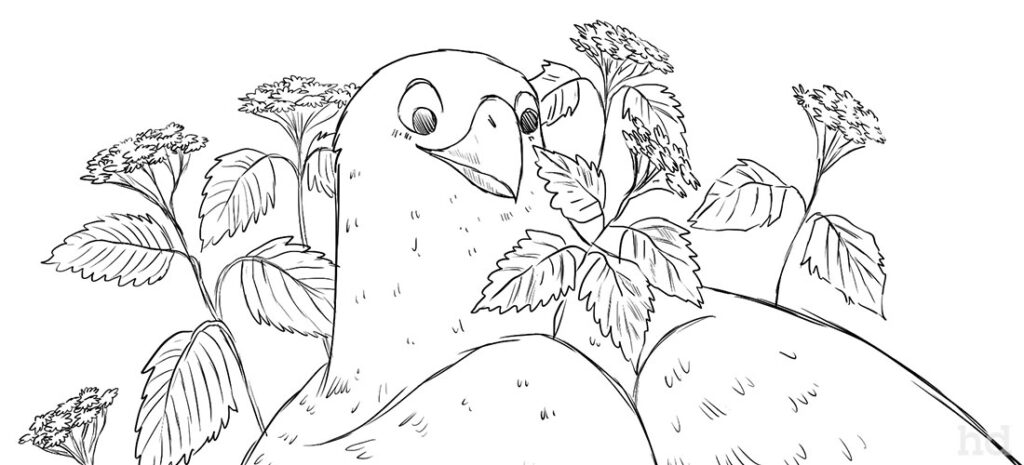
Cultivating a Mindful Writing Practice
One of the most effective ways for authors to incorporate mindfulness into their creative process is by cultivating a mindful writing practice. This involves bringing a sense of intention, awareness, and presence to every aspect of the writing journey, from the initial spark of inspiration to the final stages of editing and revision.
The first step in developing a mindful writing practice is creating a designated writing space that supports focus and creativity. This space should be free from distractions, comfortable, and conducive to the writing process. Authors may choose to incorporate elements that promote a sense of calm and inspiration, such as plants, natural light, or meaningful objects.
Establishing a consistent writing routine is another key component of a mindful writing practice. By setting aside dedicated time for writing, authors can train their minds to associate certain times or contexts with the creative process, making it easier to slip into a state of flow and productivity. This routine may involve writing at the same time each day, setting specific word count goals, or using rituals like brewing a cup of tea or lighting a candle to signal the start of a writing session.
Incorporating mindfulness exercises before, during, and after writing sessions can also help authors cultivate a more focused and aware state of mind. This may include simple practices like taking a few deep breaths, checking in with one’s physical sensations and emotions, or setting an intention for the writing session. During the writing process, authors can practise mindfulness by regularly bringing their attention back to the present moment, noticing when their mind wanders, and gently redirecting their focus back to the task at hand.
Dealing with distractions and procrastination is a common challenge for many authors, but mindfulness can offer a valuable tool for navigating these obstacles. When faced with the urge to procrastinate or the pull of distractions, authors can practise observing these impulses with curiosity and without judgement, then consciously choosing to return their attention to the writing process. Over time, this practice can help build greater resilience and focus.
Finally, embracing the power of pause and reflection is an essential part of a mindful writing practice. Taking regular breaks to stretch, move, or simply sit in silence can help authors maintain a sense of balance and perspective throughout the writing process. Reflecting on one’s writing journey, both the successes and the challenges, can also provide valuable insights and opportunities for growth.
By cultivating a mindful writing practice, authors can develop a deeper, more authentic connection to their craft, and unlock new levels of creativity and productivity in their work.
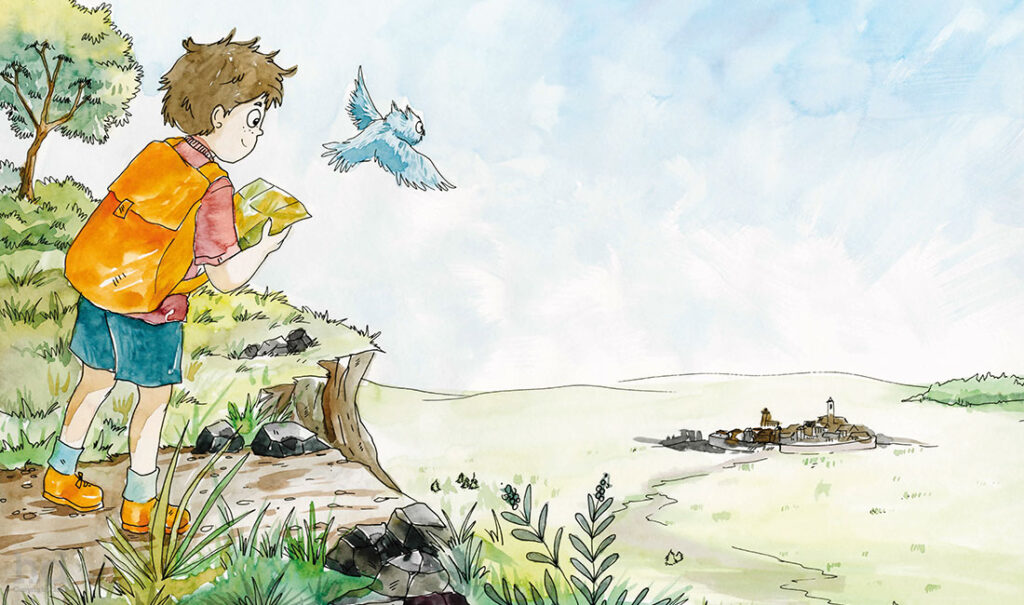
Mindful Observation and Inspiration
For authors, the ability to observe and engage with the world around them is essential for generating fresh ideas and bringing depth and authenticity to their writing. Mindfulness can be a powerful tool for enhancing this capacity for observation and inspiration, helping authors cultivate a greater sense of curiosity, awareness, and connection to their surroundings.
At its core, mindful observation involves bringing a sense of presence and attention to one’s sensory experiences, without judgement or distraction. This may involve taking time to notice the details of one’s environment, such as the play of light and shadow, the texture of a leaf, or the sound of a distant bird call. By tuning into these subtle sensations, authors can develop a richer, more nuanced understanding of the world around them, which can inform and enrich their writing.
One technique for cultivating mindful observation is sensory awareness, which involves focusing on one sense at a time and exploring the full range of sensations associated with that sense. For example, an author might take a mindful walk, focusing first on the sights around them, then the sounds, then the smells, and so on. This practice can help authors develop a more vivid and immersive sense of place in their writing, and can also serve as a valuable tool for self-care and stress management.
Another key aspect of mindful observation is cultivating a sense of curiosity and openness to new experiences. This may involve stepping outside one’s comfort zone, trying new activities or exploring unfamiliar places, and approaching each experience with a beginner’s mind. By embracing a sense of wonder and possibility, authors can open themselves up to new sources of inspiration and insight.
Keeping a mindful journal or sketchbook can be a valuable tool for capturing and exploring these moments of observation and inspiration. By taking time to regularly record one’s thoughts, impressions, and sensory experiences, authors can develop a rich repository of material to draw upon in their writing. This practice can also help authors cultivate a greater sense of self-awareness and reflection, which can deepen the emotional resonance of their work.
Mindfully engaging with nature and the environment can be a particularly powerful source of inspiration for authors. By spending time in natural settings, whether a local park or a remote wilderness, authors can tap into a sense of connection and belonging that can infuse their writing with a greater sense of meaning and purpose. Moreover, the rhythms and cycles of nature, from the changing of the seasons to the ebb and flow of the tides, can offer valuable metaphors and insights for exploring the human experience.
By cultivating a practice of mindful observation and inspiration, authors can develop a more authentic and resonant voice in their writing, and can find endless sources of creative fuel to sustain and enrich their work.
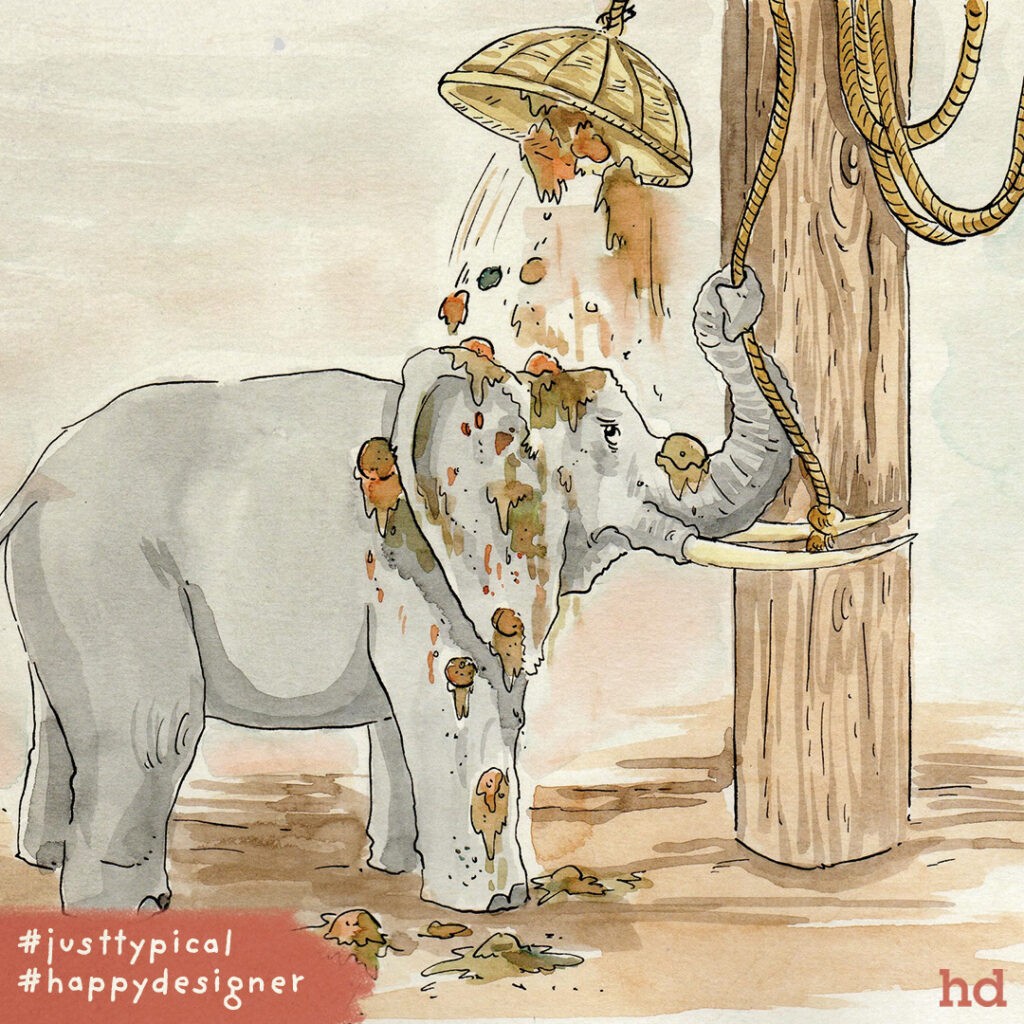
Managing Stress and Overcoming Creative Blocks
For many authors, the creative process is inherently challenging, and can often be accompanied by feelings of stress, anxiety, and self-doubt. These emotional obstacles can not only take a toll on an author’s well-being, but can also lead to creative blocks and a sense of stagnation in one’s work. Mindfulness can offer a valuable set of tools for managing these challenges, and for cultivating greater resilience and adaptability in the face of creative setbacks.
One of the primary ways in which mindfulness can support authors in managing stress is through the practice of mindfulness-based stress reduction (MBSR). Developed by Jon Kabat-Zinn, MBSR is a structured program that combines mindfulness meditation, yoga, and other stress-management techniques to help individuals develop greater self-awareness, emotional regulation, and coping skills. By incorporating elements of MBSR into their daily routines, such as deep breathing, body scans, or loving-kindness meditation, authors can cultivate a greater sense of calm and centeredness, even in the midst of creative challenges.
Another key aspect of managing stress and overcoming creative blocks is learning to identify and work with these challenges mindfully. This may involve developing a greater awareness of one’s own thought patterns and emotional triggers, and practising the skill of observing these experiences with curiosity and compassion, rather than judgement or resistance. By bringing a sense of acceptance and non-attachment to creative obstacles, authors can often find new ways of navigating and resolving these challenges, rather than becoming mired in frustration or despair.
Cultivating self-compassion is another essential component of mindfully managing the ups and downs of the creative journey. Many authors struggle with perfectionism and self-criticism, holding themselves to unrealistic standards and berating themselves for perceived failures or shortcomings. By practising self-compassion, which involves treating oneself with the same kindness, understanding, and forgiveness one would offer to a good friend, authors can develop greater resilience and motivation in the face of setbacks. This may involve reframing negative self-talk, celebrating small successes, and embracing the idea that creative growth often involves risk, vulnerability, and occasional failure.
Mindfulness can also offer valuable strategies for overcoming creative blocks and rekindling a sense of inspiration and flow. One approach is to cultivate a beginner’s mind, approaching one’s writing with a sense of curiosity and openness, rather than expectation or attachment to outcome. This may involve experimenting with new genres, styles, or subject matter, or simply allowing oneself to write freely, without judgement or self-censorship. Another approach is to engage in mindful movement or physical activity, such as yoga, walking, or dancing, which can help shift one’s energy and perspective, and unlock new ideas and insights.
Ultimately, the key to mindfully navigating the stresses and challenges of the creative journey is to cultivate a sense of balance, self-awareness, and self-compassion. By developing a toolkit of mindfulness practices and strategies, and by approaching one’s creative work with a spirit of curiosity, flexibility, and resilience, authors can not only overcome obstacles and blocks, but can also deepen their artistic vision and impact.

Mindful Collaboration and Community
While the act of writing is often a solitary pursuit, authors can greatly benefit from cultivating a sense of connection and community with other creatives. Mindfulness can play a valuable role in fostering these relationships, by helping authors develop the skills of authentic communication, active listening, and empathetic understanding that are essential for meaningful collaboration and support.
One of the primary benefits of mindful collaboration and community for authors is the opportunity to share knowledge, resources, and feedback with other writers. This may involve participating in writing workshops, critique groups, or online forums, where authors can exchange ideas, offer constructive feedback, and provide mutual support and encouragement. By approaching these interactions with a spirit of openness, curiosity, and respect, authors can not only improve their own craft, but can also contribute to a sense of collective growth and inspiration within their creative community.
Mindful communication is a key skill for authors seeking to build authentic and productive relationships with other creatives. This involves practising the art of active listening, which entails giving one’s full attention to the speaker, without interruption or judgement, and seeking to understand their perspective and experience. It also involves communicating one’s own thoughts and feelings clearly and directly, while remaining open to feedback and dialogue. By cultivating these skills of mindful communication, authors can foster a sense of trust, collaboration, and mutual understanding with their peers and colleagues.
Another valuable way for authors to connect with other creatives is through participation in mindful writing groups or retreats. These immersive experiences offer the opportunity to step outside one’s daily routines and distractions, and to focus deeply on one’s writing practice in a supportive and inspiring environment. By engaging in shared practices of mindfulness, such as meditation, yoga, or nature walks, authors can cultivate a sense of presence, clarity, and connection that can infuse their writing with new depth and authenticity. Moreover, the relationships and insights gained through these experiences can provide ongoing support and motivation long after the retreat has ended.
Finally, mindfulness can be a valuable tool for authors navigating the often-challenging landscape of publishing and marketing their work. The process of pitching one’s writing to agents, editors, and readers can be emotionally taxing, and can sometimes lead to feelings of rejection, self-doubt, and creative paralysis. By approaching these experiences with a sense of mindfulness and self-compassion, authors can develop greater resilience and adaptability in the face of setbacks, and can maintain a sense of perspective and purpose throughout the publishing journey. Moreover, by cultivating authentic and mindful relationships with publishers, readers, and other stakeholders, authors can build a sense of trust, loyalty, and connection that can sustain and amplify the impact of their work.
Ultimately, the practice of mindful collaboration and community offers authors a powerful means of enriching and expanding their creative horizons, while also fostering a sense of belonging, purpose, and resilience in the face of the many challenges of the writing life.

Conclusion: A Guide to Mindfulness for Authors
Mindfulness offers authors a transformative set of tools and practices for nurturing their creative potential, managing the challenges of the writing process, and building authentic and meaningful connections with others. By cultivating a mindful approach to their work, authors can tap into a deeper level of focus, insight, and inspiration, and can develop greater resilience and adaptability in the face of creative obstacles and setbacks.
The benefits of mindfulness for authors are wide-ranging and profound. From enhancing one’s capacity for observation and imagination, to reducing stress and overcoming creative blocks, to fostering a sense of community and collaboration with other creatives, mindfulness can support and enrich every stage of the writing journey. Moreover, the skills and insights gained through mindfulness practice can extend far beyond the realm of writing, offering authors a pathway to greater self-awareness, emotional intelligence, and overall well-being.
Ultimately, by embracing mindfulness as an essential part of their creative practice, authors can unlock new depths of artistic expression, personal growth, and connection with others. They can cultivate a more authentic and resonant voice in their writing, and can contribute to a more mindful and compassionate literary landscape. In a world that is increasingly shaped by the power of stories and ideas, the practice of mindfulness offers authors a transformative tool for creating work that enlightens, inspires, and endures.
Unleash your story’s potential with Happydesigner’s expert children’s book illustrations – where your vision comes to life!

Further Reading
For those interested in exploring more about mindfulness, here are some recommended resources:
- Mindfulness exercises – Mayo Clinic – This article from Mayo Clinic offers a detailed overview of mindfulness exercises. It explains what mindfulness is, benefits of practising it, and provides examples of how to integrate mindfulness exercises into daily life to improve mental and physical health.
- Getting Started with Mindfulness – Mindful – This guide from Mindful.org provides a comprehensive introduction to mindfulness. It covers the basics of what mindfulness is, how to start practising it, and the advantages of incorporating mindfulness into your routine.

